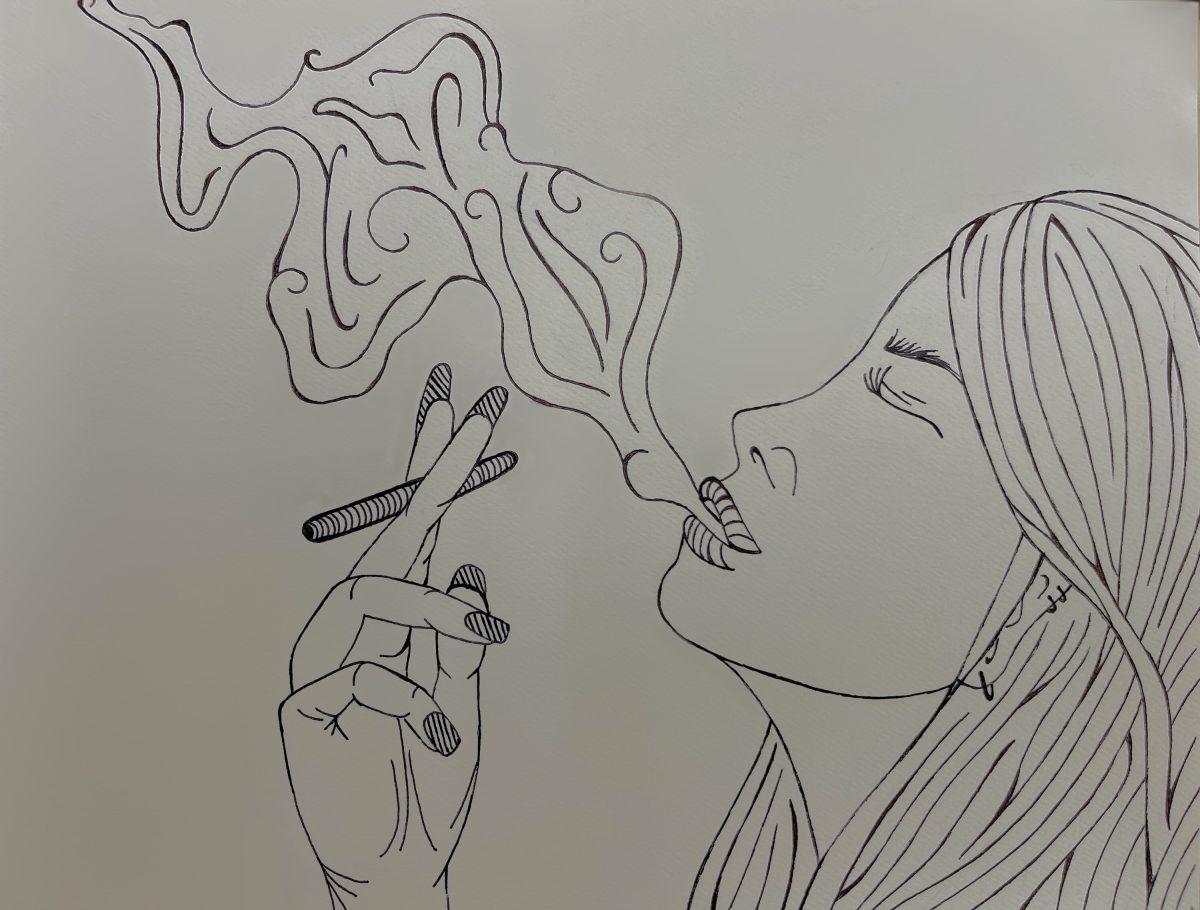On March 31, members of the New York City branch of Antifa identified San Marin alumnus Matthew Warner as a member of the white supremacist organization Identity Evropa, now known as the “American Identity Movement,” after left-wing group Unicorn Riot leaked over 700,000 group messages and members’ identities to the public.
Warner graduated from San Marin in 2014 and has since worked as a bodyguard for Richard Spencer, who has called for the “peaceful ethnic cleansing” of America, coordinated events for the “Unite the Right” rally in Charlottesville in 2017 and worked as the Chief of Staff for Identity Evropa.
The revelation marked another troubling point in San Marin’s history concerning race, ranging from students and spectators reported to having used slurs at basketball games nearly 21 years ago to the walkout held on April 4 in response to the use of racial slurs by students. Following the walkout, teachers and students who were part of an on-campus equity group created a survey assessing the community and culture of San Marin.
“Extremism can fester, especially if it continues to go unchecked,” French teacher Jeffrey Moore said. “While we want to create a more open community at San Marin, there will always be pockets of hate that don’t manifest themselves immediately.” The questions in the survey focused on students’ perception of San Marin’s identity and any suggestions that individuals had on how to change the community to become more accepting and welcoming.
Biotechnology teacher Michelle Lafevre-Bernt collaborated with other members of the campus’ teacher equity group to draft the survey and assess what further action should be taken with the results.
“Students were saying that [the use of racial slurs] was part of our identity as a campus and community, and I don’t think that should be something we put up with,” LafevreBernt said. “It’s shocking that someone from our school could be associated with such a group, and it’s not at all in line with what we stand for as a community. We have received considerable student input on this issue, and we are working to find ways to implement those suggestions.”
According to LafevreBernt, the survey was designed to gauge how students felt within the school campus and how the perceptions of the school’s identity could influence the way individuals thought or acted. The anonymous survey received nearly 300 responses from students of varying backgrounds, and responses ranged from support of the school’s current culture to pointed criticism of perceived issues.
“Identity is an important concept that drives choices about behaviors,” LafevreBernt said. “If students want to be identified as an inclusive school where all are accepted and diversity is celebrated, we as a community could use that identity to try to get people to change their behaviors.” For some students, the issue of representation and ignorance has been a recurring theme that has persisted throughout their time at San Marin.
Senior Paris Morgain believes that the expectations and stereotypes that have been set for minorities on campus reflect a larger problem faced by many individuals who are not white.
“It bewilders me how people expect you to act a certain way and are attracted to you because of the pigment of your skin, yet they also ignore you and look down on you because you don’t follow their stereotype,” Morgain said.






































